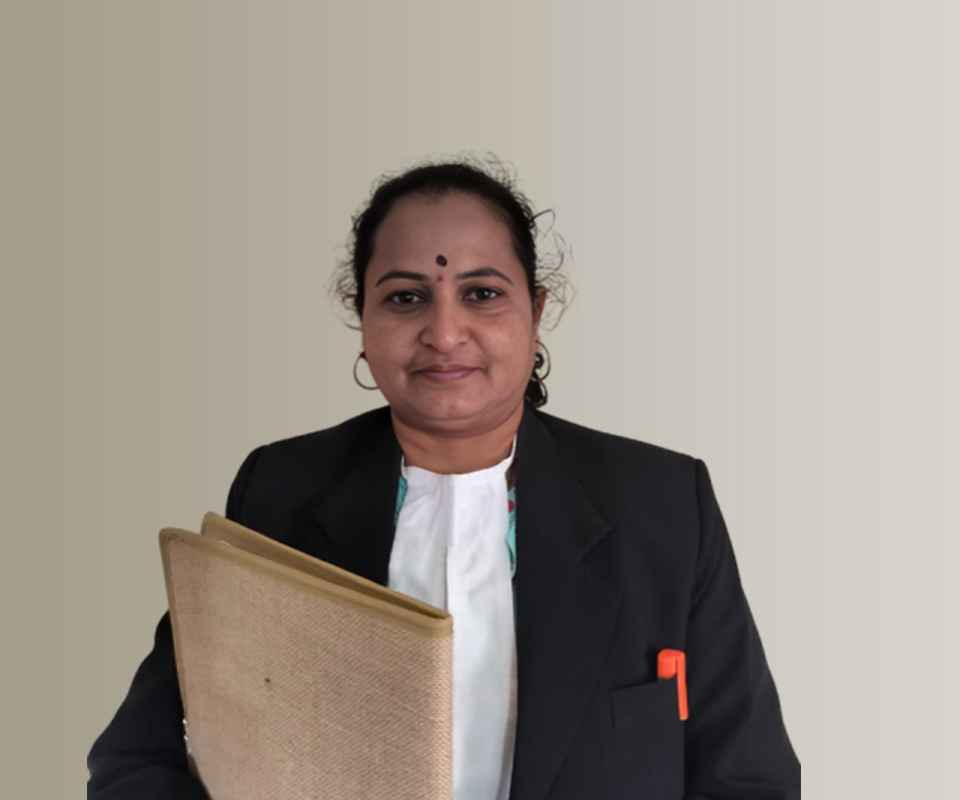Answer By law4u team
In India, while the Medical Termination of Pregnancy (MTP) Act of 1971 allows women to legally seek abortion under certain conditions, rural women continue to face significant barriers in accessing safe and legal abortion services. These obstacles are often multi-faceted, involving socio-economic, cultural, infrastructural, and legal challenges. The denial of safe abortion services to rural women not only violates their reproductive rights but also has severe health and socio-economic implications.
Barriers to Accessing Safe Abortions for Rural Women
Lack of Healthcare Infrastructure:
Rural areas in India often suffer from a severe shortage of healthcare facilities, including those capable of providing safe and legal abortion services. Many rural areas lack qualified medical professionals, including gynecologists, and the healthcare facilities that do exist may not be equipped to handle the safe termination of pregnancies. This gap in healthcare infrastructure forces women to either forgo the procedure or seek unsafe alternatives, putting their lives at risk.
Socio-Cultural Barriers:
In many rural communities, traditional and patriarchal attitudes toward women’s autonomy, sexuality, and reproductive rights persist. Abortion may be seen as morally or culturally unacceptable, and women who seek abortion may face social ostracism, shame, or even violence. These cultural pressures deter women from accessing safe abortion services, and they may instead resort to unsafe and illegal methods, often in secrecy.
Economic Barriers:
Rural women often belong to economically disadvantaged backgrounds and may lack the financial resources required to travel to urban areas for safe abortion services. Even if they are aware of available services, the costs associated with transportation, medical fees, and sometimes bribes to access care may be prohibitively high. As a result, many women are forced to rely on unsafe methods due to their inability to afford safe and legal abortions.
Lack of Awareness and Information:
There is a general lack of awareness among rural women about their reproductive rights and the availability of safe abortion services. Many women are unaware of the MTP Act and the legal grounds for seeking an abortion. Without proper information, they may not know how to approach a healthcare facility or how to recognize when an abortion is medically necessary. This lack of knowledge about legal and safe abortion options contributes to women seeking dangerous, unregulated procedures.
Fear of Legal and Medical Repercussions:
Although the MTP Act allows for safe abortion under certain conditions, many rural women are unaware of the legal protections they are entitled to. There is also a fear of medical professionals or authorities reporting them for seeking an abortion, particularly in cases of sex-selective abortion or pregnancies outside of marriage. These fears often push women toward unlicensed practitioners or clandestine procedures, which can be unsafe and illegal.
Gender Inequality and Decision-Making Power:
In rural India, women often lack autonomy over decisions related to their health, including reproductive health. Family members, especially male figures, may control decisions regarding abortion, and women may not have the agency to seek abortion services independently. This lack of control over their own reproductive choices prevents many women from accessing safe abortions, as they may be forced to carry unwanted pregnancies to term due to external pressure.
Geographic and Physical Barriers:
Access to healthcare in rural India is further hindered by physical barriers such as poor roads, long distances to healthcare facilities, and a lack of reliable transportation. Rural women often live far from the nearest medical centers, and the journey to urban areas where safe abortion services are more readily available can be time-consuming and expensive. For women in remote areas, these logistical challenges can be insurmountable, leaving them without viable options for safe abortion.
Unavailability of Trained Medical Personnel:
The MTP Act requires abortions to be performed by qualified medical professionals, which often means that rural women must travel to urban centers where such professionals are available. In rural areas, the lack of qualified doctors or gynecologists who can legally perform abortions means that women may resort to unsafe, unqualified practitioners or self-induced abortions. This is a major concern for maternal health and mortality in rural areas.
Impact of Denied Access on Women's Health
Increased Risk of Unsafe Abortions:
The lack of access to safe, legal abortion services forces many women in rural areas to resort to unsafe methods, such as ingesting toxic substances, self-induced trauma, or visiting unlicensed practitioners. These unsafe methods can lead to severe complications, including infection, hemorrhage, infertility, and even death. Unsafe abortion is one of the leading causes of maternal mortality in India.
Psychological and Social Consequences:
Women who are denied access to safe abortions may experience psychological distress, including anxiety, depression, and trauma, due to forced continuation of unwanted pregnancies or the aftermath of unsafe abortion procedures. The stigma and social rejection they may face further exacerbate these emotional and mental health challenges, leading to long-term societal and psychological harm.
Financial Burden:
Women who are forced to carry an unwanted pregnancy to term often face economic challenges, especially in rural areas where access to jobs, education, and healthcare may already be limited. Additionally, unintended pregnancies can place a financial burden on families, leading to poverty and reduced quality of life. The costs associated with raising a child, particularly in an impoverished rural setting, can prevent women from achieving their personal or professional aspirations.
Example
A study in rural Uttar Pradesh found that many women who sought abortions after a failed contraceptive method were denied safe procedures due to a lack of nearby healthcare facilities. As a result, some resorted to using unsafe methods such as herbal concoctions or self-induced abortions. In many cases, these women faced serious health complications and were forced to seek emergency medical care in urban centers, incurring additional costs and risks.
Conclusion
Rural women in India face a range of social, economic, and infrastructural barriers that prevent them from accessing safe abortion services. These barriers—ranging from a lack of healthcare facilities and trained medical professionals to socio-cultural stigma and economic constraints—contribute to unsafe and illegal abortions that jeopardize women’s health and well-being. Addressing these challenges requires not only improving healthcare infrastructure in rural areas but also raising awareness about reproductive rights, removing cultural and legal barriers, and ensuring that women have the autonomy to make decisions about their bodies. Only then can we move toward ensuring that all women, regardless of their location or socio-economic status, have the right to safe, legal, and accessible abortion services.






